5 DIY Hair Mask To Treat Smelly Scalp
By: Kratika Maheshwari Sun, 05 Feb 2023 10:24:17

When provided with favorable conditions, these microbes proliferate rapidly to colonize your scalp skin and infiltrate your hair follicles. They decompose the sebum and other organic debris such as the skin flakes on your scalp to produce compounds that give off a foul smell.
Poor scalp or hair hygiene is one of the predominant factors responsible for a smelly scalp. Your hair and scalp are exposed daily to environmental pollutants that stick to their surface and accumulate over time. Plus, the scalp sheds dead skin cells and releases natural oils that further add to the buildup. The shampoo, conditioner, and other hair products that you use can also leave behind residue if you don’t rinse them out properly.
Also, an unhealthy scalp disrupts the growth of hair and promotes infections. The infection-causing bacteria breaks down the scalp buildup, producing malodorous compounds that make your scalp stink more intensely.
Although it can be quite embarrassing, a smelly scalp is not something to dread as it can be easily managed with various treatments. You can try over-the-counter medicated shampoos or ointments, or consult an expert about it to get appropriate product recommendations and medications if needed.
You can also try some home remedies, mostly in the form of hair and scalp masks, to address mild cases of a smelly scalp and buildup. This article brings you a variety of popular hair and scalp masks that can help treat a smelly scalp.
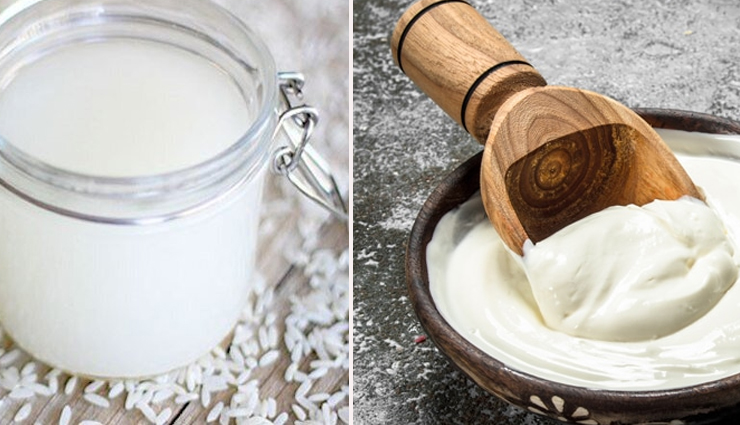
# Yogurt and rice water mask
Yogurt is loaded with lactic acid, which is an alpha hydroxy acid that works as an excellent peeling agent. It is on account of this acid that topical application of yogurt can gently exfoliate the buildup on your scalp.
Plus, yogurt masks can also help fight and prevent scalp infections by curbing microbial overgrowth.
- Add about 2 tablespoons of yogurt and 2 tablespoons of rice water to a bowl.
- Combine the ingredients well to make a smooth paste.
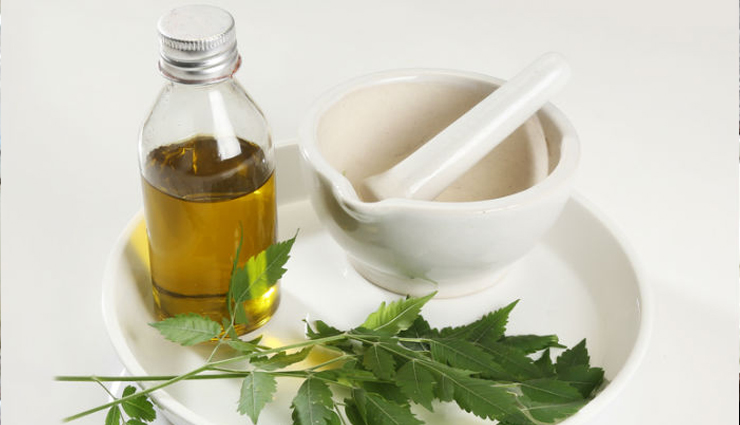
# Neem and coconut oil mask
Neem contains polyphenolic flavonoids such as quercetin and beta-sitosterol, which inhibit the growth of numerous microbes to prevent scalp infections.
- Grind 10–20 fresh neem leaves.
- Add coconut oil to form a thick paste.
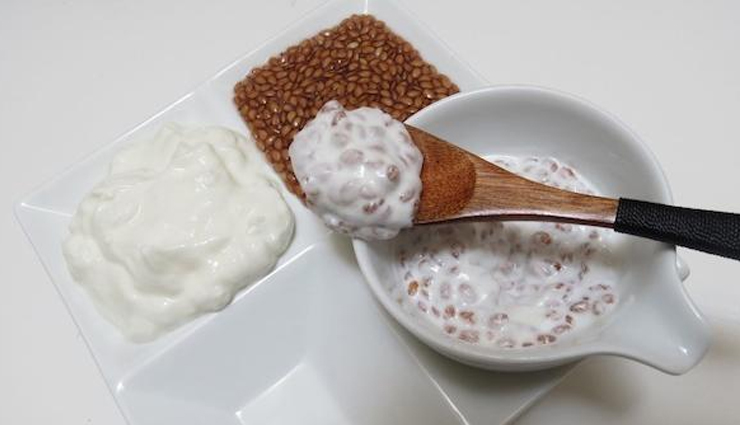
# Flaxseed and yogurt hair mask
Flaxseed exhibits antibacterial properties that can help disinfect your scalp. Plus, it is enriched with omega-3 oil along with vitamins E and B, all of which can nourish and heal your inflamed scalp.
- Put 1 tbsp of flaxseeds in a bowl and pour boiling water over them until they are completely covered.
- Continuously stir the mixture until it acquires a gel-like consistency.
- Strain the gel in a bowl and add 1 spoon of cornstarch to it. You can also add yogurt instead of cornstarch.
- Mix all the ingredients until they are completely blended.
- Add 5 drops of jasmine or patchouli essential oil and 5 drops of jojoba oil to the flaxseed gel. Mix well to form the final paste.
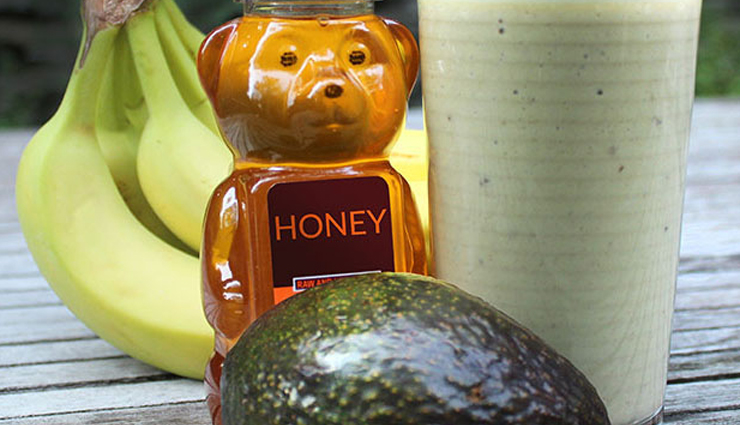
# Avocado, banana, and honey mask
Avocado contains several bioactive compounds such as flavonoids, anthocyanidins, tocopherols, fatty acids, vitamins, and minerals that exhibit different therapeutic properties that can nourish, protect, and repair your scalp.
- Scoop out the flesh of half an avocado.
- Add half a banana and mash the fruits to make a paste.
- Pour in 1 tablespoon of honey.
- Add 1 tablespoon of sweet almond oil, grapeseed oil, or jojoba oil (or any fragrant essential oil that you like).
- You can sprinkle some cinnamon powder as well.
- Mix all the ingredients to make a smooth paste.
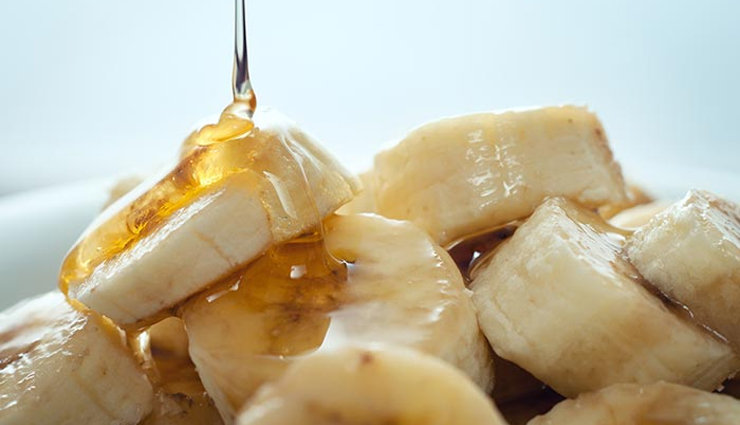
# Honey and banana hair mask
Honey is renowned for its healing properties that have proven useful in treating a whole variety of ailments, and it may be a great addition to your hair masks as well.
Its high sugar concentration allows it to hydrate, condition, and soften your hair. Plus, it is credited with antimicrobial properties, which can be traced back to its content of hydrogen peroxide, polyphenols, flavonoids, and bee peptides. Thus, honey can moisturize and sanitize your scalp.
Honey is also a powerful antioxidant, which means it can protect your hair and scalp from free radical-induced oxidative damage.
- Squash a peeled banana in a bowl.
- Pour in some honey and olive oil.
- Mix all the ingredients to make a thick, lump-free paste.
How To Use Hair Mask
- Apply the hair mask to your scalp. The focus should be on the scalp and not your hair.
- Let the mask sit for about 20–30 minutes
- Rinse out the mask with tepid water.
- Wash your scalp and hair with a mild shampoo.
- You can also use a conditioner after, but only apply it to your hair tips up to the midlength of your tresses but not to your scalp as it can form a thick residual layer.





